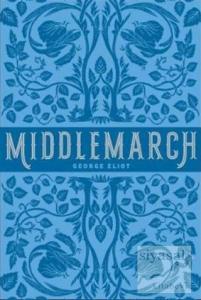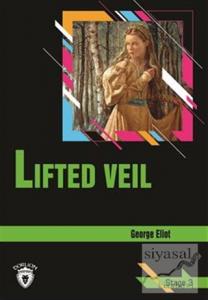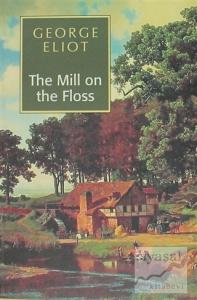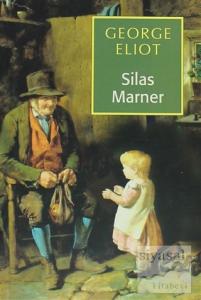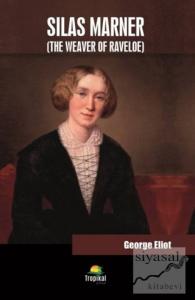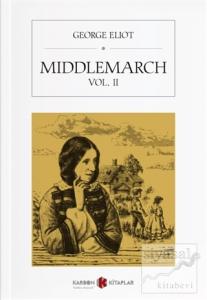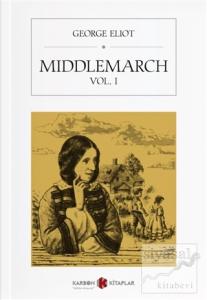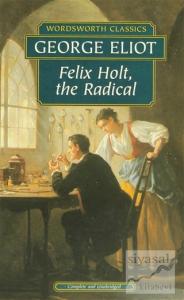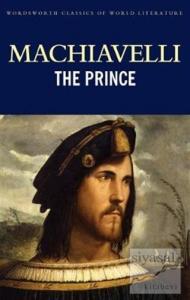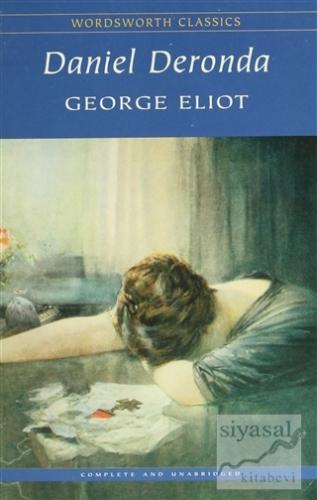
George Eliot's final novel, Daniel Deronda (1876), follows the intertwining lives of the beautiful but spoiled and selfish Gvendolen Harleth and the selfless yet alienated Daniel Deronda, as they search for personal and vocational fulfilment and symathetic relationship.
Set largely in the degenerate aristocratic society of the 1860s, Daniel Deronda charts their search for meaningful lives against a background of imperialism, the oppression of women, and racial and religious prejudice. Gwendolen's attempts to escape a sadistic relationship and atone for past actions catalyse her friendship with Deronda, while his search for origins leads him, via judaism, to a quest for moral growth.
Eliot's radical dual narrative constantly challenges all solutaions and ensures that the novel is as controversial now, as when it first appeared.
George Eliot's final novel, Daniel Deronda (1876), follows the intertwining lives of the beautiful but spoiled and selfish Gvendolen Harleth and the selfless yet alienated Daniel Deronda, as they search for personal and vocational fulfilment and symathetic relationship.
Set largely in the degenerate aristocratic society of the 1860s, Daniel Deronda charts their search for meaningful lives against a background of imperialism, the oppression of women, and racial and religious prejudice. Gwendolen's attempts to escape a sadistic relationship and atone for past actions catalyse her friendship with Deronda, while his search for origins leads him, via judaism, to a quest for moral growth.
Eliot's radical dual narrative constantly challenges all solutaions and ensures that the novel is as controversial now, as when it first appeared.











